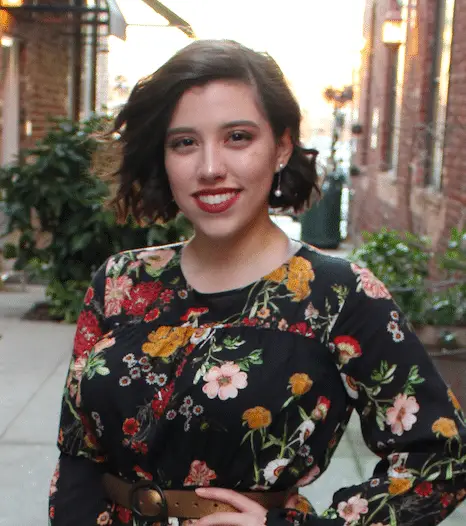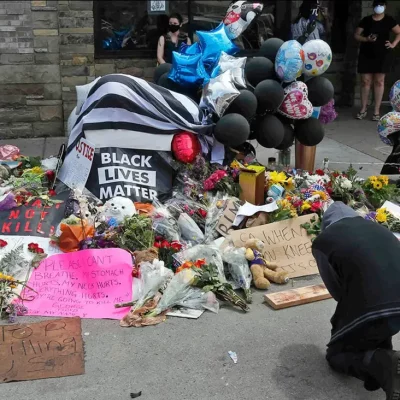George Floyd
On May 22, 2020, 46-year-old George Floyd was murdered by four Minneapolis police officers while in custody for a nonviolent crime. Video footage of the event reveals Floyd was unarmed and compliant with orders by police. Rest in peace Mr. Floyd.
Frustration and anger in the city arose as the treatment appeared race-motivated, prompting widespread protests throughout Minneapolis that quickly turned violent.
Yet, this is certainly not the first time hate crimes and police brutality against the black community resulted in the death of black civilians. Protests, nonviolent and violent, are also not a new response to radicalized crimes.
However, the broad and pervasive implications of these tensions are largely unknown or ignored, especially concerning mental health of the community.
These crimes and the following aftermath affect every community in our country. No one is left untouched. We are heartbroken for Mr. Floyd, for his family, for the community of Minneapolis, and for our country.
The Mental Health Effects of Civil Unrest
Involvement in or witnessing of a major life event or traumatic incident can result in a number of distressing outcomes for a person. Outrageous events are upsetting themselves, but certainly the increased exposure to violence paired with civil unrest exacerbates the effects. Though there is limited research studying the impact of collective action on mental health, a recent meta-analysis reviewed 52 relevant studies on the topic.
Civil Unrest and PTSD
The prevalence of PTSD following riots in an area can reach as high as 41%. Depression rates may increase by as much as 7% following protests – even among those not involved.
Proximity to demonstrations serves as an important predictor. Increasing rates of PTSD and depression are present among those who directly experienced or witnessed physical injuries and fatalities.
Civil Unrest and Anxiety
Though less researched, evidence suggests similar trends for anxiety. Other risk factors that influence poor mental health outcomes are:
- racial and ethno-religious identity
- female sex
- young age
- loss of personal resources
- low socioeconomic status
- social media use
- political uncertainty
- lack of social support.
Psychological Aftermath
Indeed, the psychological aftermath following civil unrest is far-reaching. Development of mental illnesses like PTSD, depression, and anxiety – both short and long term – demonstrate the severity of the emotional and mental toll people can experience.
Risk for addiction increases as consumption of alcohol and other substances are used as ways to deal with painful outcomes.
Though violence does play a role in the aftermath, nonviolent demonstrations can still lead to a decline in mental health in similar ways. Environmental stressors and unhealthy coping mechanisms are still present among nonviolent scenarios as well.
Psychological Risks
The psychological risks are more encompassing than just those directly involved. Vicarious trauma is on the rise due to increased awareness. Media coverage and sharing on social media serve as modes of transmission for information while live-footage of events spread. Fear and stress that feed into mental health concerns are more widespread as a result of unresolved civil unrest. Communities who experience trends of targeted prejudice, discrimination, and other unjust actions are heavily affected.
How Makin Wellness Can Help
Your well being is at risk if you ignore the severity of distressing symptoms, or perhaps engage in unhealthy and harmful means of coping.
We stand with the Floyd family and are here for anyone in need. Providers at Makin Wellness are trained to help you manage your mental health through specialized treatments. Our counselors and therapists will help you on your path to healing with support for concerns of civil unrest, prejudice, and discrimination. If you would like to speak with someone in light of recent events, please contact our offices by email at [email protected] or by phone at 412-532-1249 for more information!
If you or a loved one is suicidal or feeling violent towards others please call 911 and seek immediate assistance.

Carnegie Mellon University
Clinical Psychology and Gender Studies








